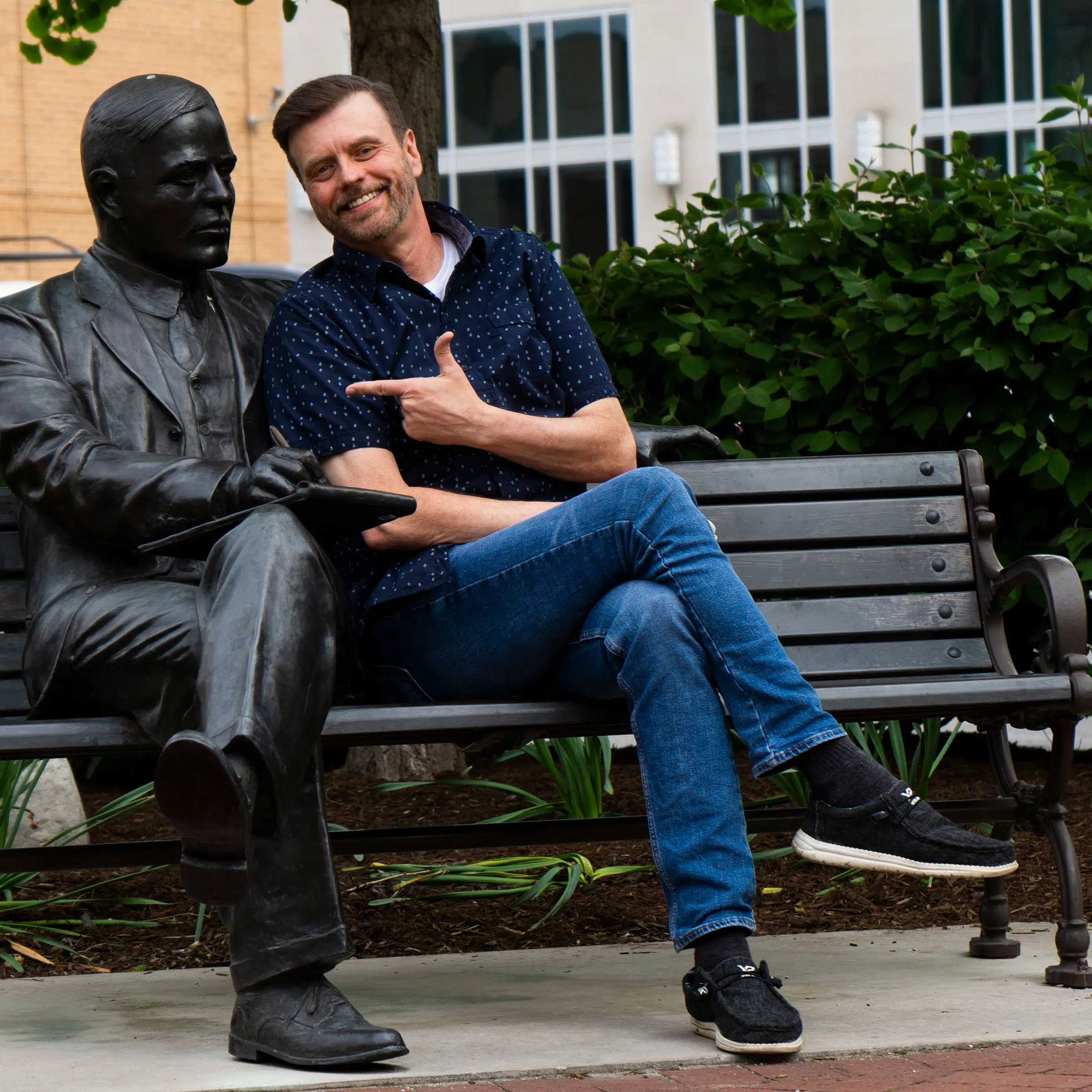By Blake Brittain
(Reuters) -Artificial intelligence company Anthropic said in a court filing on Tuesday it has resolved a class action lawsuit from a group of U.S. authors who argued the company’s AI training infringed their copyrights, marking the first settlement in a string of major AI copyright lawsuits in the United States.
A California judge said in a June ruling that Anthropic may have illegally downloaded as many as 7 million books from pirate websites, which could have made it liable for billions of dollars in damages if the authors’ case was successful.
An Anthropic spokesperson declined to comment on the filing, which did not describe the terms of the settlement.
“This historic settlement will benefit all class members,” the authors’ attorney Justin Nelson said in a statement. “We look forward to announcing details of the settlement in the coming weeks.”
The lawsuit was one of several brought by authors, news outlets and other copyright owners against companies including OpenAI, Microsoft and Meta Platforms over their AI training.
Writers Andrea Bartz, Charles Graeber and Kirk Wallace Johnson filed their class action against Anthropic last year. They argued the company, which is backed by Amazon and Alphabet, unlawfully used pirated books without permission or compensation to teach its AI assistant Claude to respond to human prompts.
AI companies have argued their systems make fair use of copyrighted material to create new, transformative content. U.S. District Judge William Alsup found that Anthropic made fair use of authors’ work for AI training, but violated their rights by saving millions of pirated books to a “central library” that would not necessarily be used for that purpose.
A trial was scheduled to begin in December to determine how much Anthropic owed for the alleged piracy. U.S. copyright law says that willful copyright infringement can justify statutory damages of up to $150,000 per work.
(Reporting by Blake Brittain; Editing by David Bario, Chris Reese and Nia Williams)





Comments